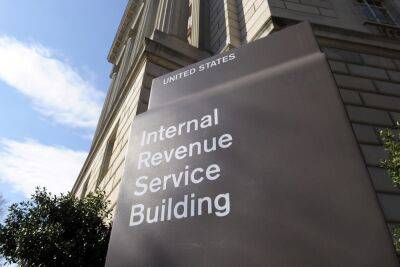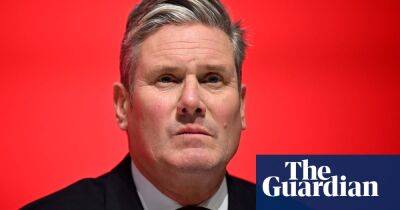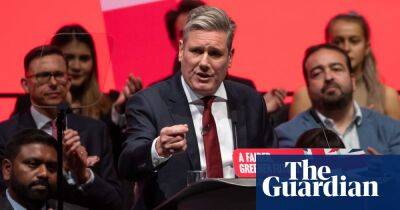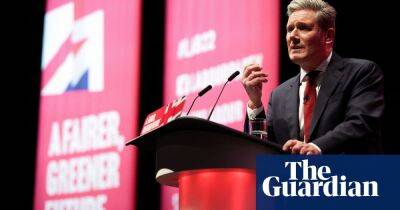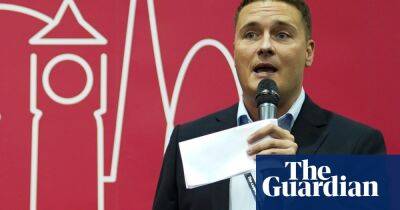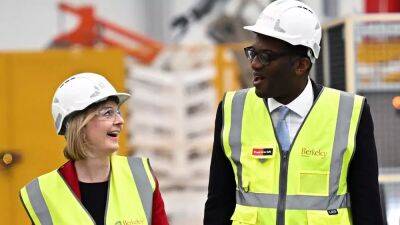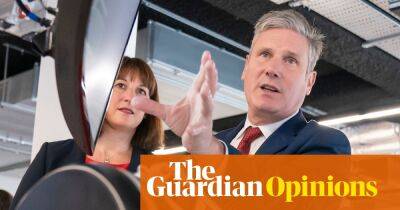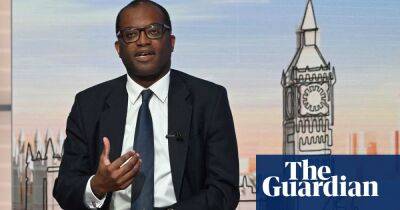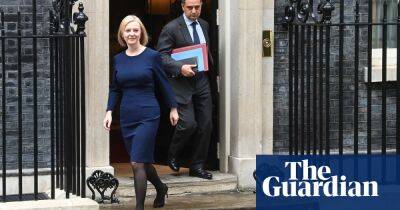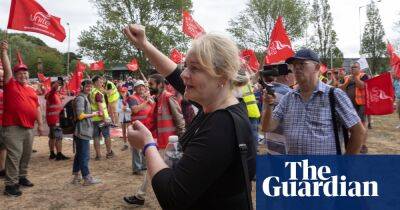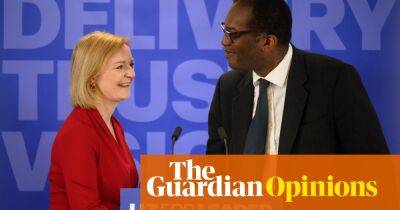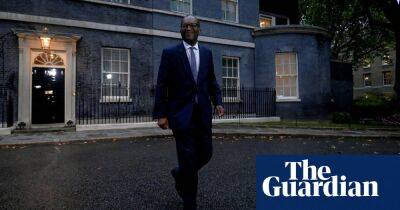Labour focuses on spelling out alternative vision for the economy
One of the curiosities of the sudden re-emergence of stark ideological dividing lines in the Liz Truss era has been the fact that her central policy aim – trying to grow the economy – is not something that Labour would disagree with.
Similarly, for all the reactions of outrage and, at times, genuine surprise at Kwasi Kwarteng’s unofficial budget on Friday, the government’s focus on cutting taxes does not, in the most basic terms, differ that much from Labour’s previous criticism of tax increases under Boris Johnson and Rishi Sunak.
The political dividing lines are shifting at speed, and for all Labour’s largely unspoken delight at facing a government seemingly intent on channelling fiscal giveaways towards the better-off, the party is also wary lest it digs itself into the wrong trench.
Hence the focus on the economy at this week’s Labour conference in Liverpool, and the ways in which Keir Starmer and his shadow chancellor, Rachel Reeves, can present an alternative vision to voters.
An early sign came in Starmer’s interview with the BBC on Sunday morning, in which he committed to reversing the abolition of the top 45p rate of income tax but not the 1p cut to the basic rate.
Half an hour earlier, Andy Burnham, the Labour mayor of Greater Manchester, had argued that both should go, saying there were better ways of targeting help to poorer people than a basic-rate tax cut benefiting everyone.
Economically, Burnham is most probably correct, but politically, Starmer’s position has some logic. Going into an election, a Conservative attack of “you want to increase taxes on the rich” is hardly as resonant as one saying “you want to increase taxes on everyone”.
The second half of this equation, to be spelled out by Reeves on Monday in
Read more on theguardian.com



